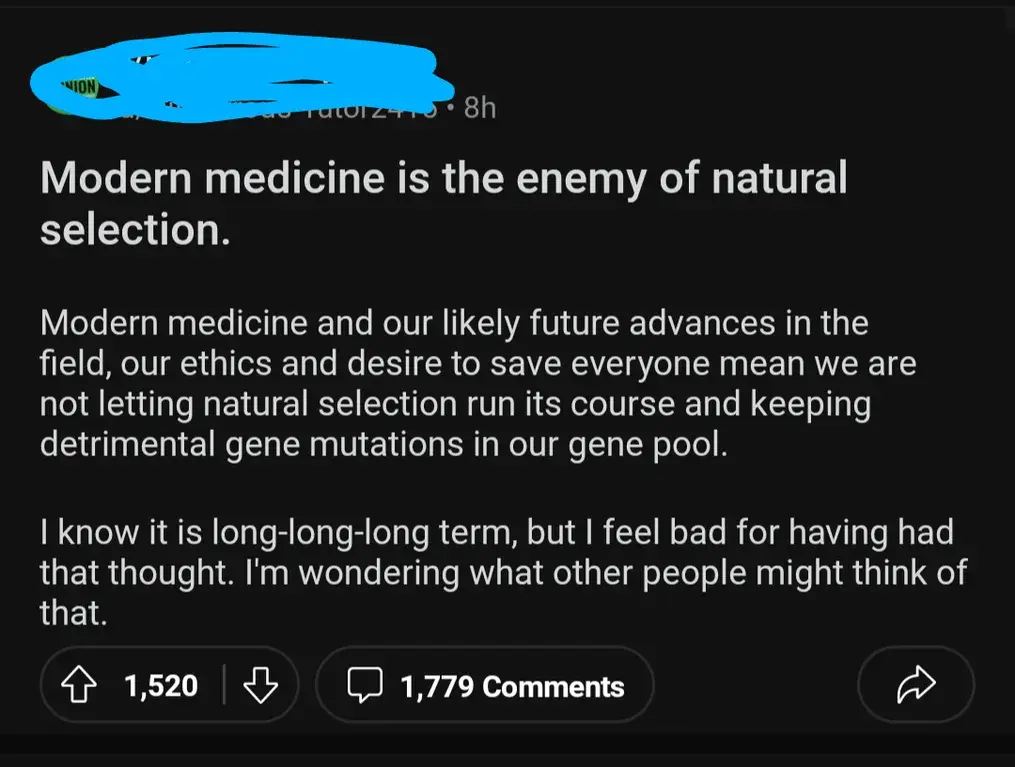the_dunk_tank
It's the dunk tank.
This is where you come to post big-brained hot takes by chuds, libs, or even fellow leftists, and tear them to itty-bitty pieces with precision dunkstrikes.
Rule 1: All posts must include links to the subject matter, and no identifying information should be redacted.
Rule 2: If your source is a reactionary website, please use archive.is instead of linking directly.
Rule 3: No sectarianism.
Rule 4: TERF/SWERFs Not Welcome
Rule 5: No ableism of any kind (that includes stuff like libt*rd)
Rule 6: Do not post fellow hexbears.
Rule 7: Do not individually target other instances' admins or moderators.
Rule 8: The subject of a post cannot be low hanging fruit, that is comments/posts made by a private person that have low amount of upvotes/likes/views. Comments/Posts made on other instances that are accessible from hexbear are an exception to this. Posts that do not meet this requirement can be posted to !shitreactionariessay@lemmygrad.ml
Rule 9: if you post ironic rage bait im going to make a personal visit to your house to make sure you never make this mistake again
view the rest of the comments

people can't really rewrite their own DNA
CRISPR is riddled with errors and even if it gets past some of this, it'll only be a real solution in germline editing
and even then you won't rewrite your entire DNA, only tiny parts of it. There are a few diseases which are truly genetic, but most diseases aren't
Not now yes. But as this video explains beautifully, it might be possible, in some distant future. Ofc, it might not, though we won't know for another century, yet it is fun to speculate now.
e.g. the video starts off with:
Already I can envision things like taking out the tiniest portion of our liver, rewriting its genetic code, then transplanting our very own (modified) liver back into our bodies (after first growing a lot of cells, of the type that we selected for). Even if the liver only replaced some fraction of the natural cells that were previously there (I dunno... 10-50% maybe? I do not have an M.D. so it is mostly speculation), I think we would still have the new function that the new cells provide? e.g., even if 90% of the liver cells do NOT do the new chemical processing, if 10% DO, then that could be enough to make whatever that "function" is happen?
Or removing people's gallbladers could become a thing of the past, or even if you did that, you could maybe pop back in a new one? The latter is more generic stem cell stuff, not needing modification of any kind, genetic or otherwise, but now take it one step further and imagine that you inserted cells modified to produce a new chemical - a stronger digestive aid perhaps. You wouldn't need a whole LOT of cells to provide that gain-of-function, even just a little would alter the state from "chemical does not exist, at all" to "chemical now exists, in XYZ quantity".
And we haven't even BEGUN to dig into the microbiome: maybe we don't want to experiment with editing our own fully human DNA, but editing the bacterial DNA could have profound implications, especially for anything digestive-related.
Finally, while most diseases may not be fully genetic, some are, and in any case perhaps a genetic solution could be devised even if that was not the original cause? An example could be to implant a new organ that would permanently produce insulin, so so as to not require injections any longer - and if you could make that organ from the patient's very own cells, that would significantly reduce the chance of tissue rejection?
Or even with all the detail already, I still have yet to even so much as mention nanobots, lets say bacterial or viral ones. Tiny changes, to even a few cells, can have HUGE ramifications. See e.g. cancer, but what about making those kinds of changes work for rather than against us - e.g. by modifying bacteria or bacteriophages that have zero possibility of passing on those genetic changes to the human host, for safety? Heck, the insulin example is probably already possible now - we've been mass-producing insulin from bacteria since the 80s. There probably is some reason that we aren't seeing it - e.g. if bacteria in our small intestine were to produce insulin, could it get into our bloodstream that way or would it just become pooped out? Even if someone had to eat a yogurt once a week rather than receive insulin injections, many people might purchase such a product?
And from there it will only continue to grow... just as computers did, also having mostly started in the 80s. Check out the video - it's superb!:-D
99% of health problems are the result of stress which is the result of rich people overworking poor people
outside of curing cystic fibrosis and a few other inborn things, CRISPR's gonna be useless for health
even cosmetic traits like "blue eyes" seem to not be entirely dependent on genes. the incidence of blue eyes in mayo americans has fallen from 60% to 20% in a century, despite no admixture and no selection against the known light-eye genes
Sickle cell anemia? It's irrelevant if the person eats Cassava. It disappears.
Also you can just look at the last 70 years of US media and news to see how drastically the same exact population's (White and Black Americans) appearance can change drastically.
Even the insulin stuff is unnecessary if people just have what they need, the rate of diabetes would plummet in the first place.
"it continuing to grow" would imply that these problems haven't been solved, and are getting worse--in which case the CRISPR will be a band-aid (likely with more side effects down the line)
genes are incredibly overrated. Resources and lifestyle are everything.